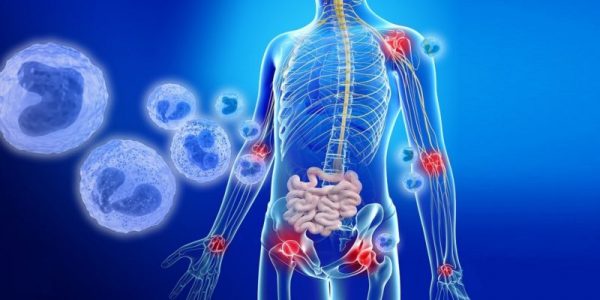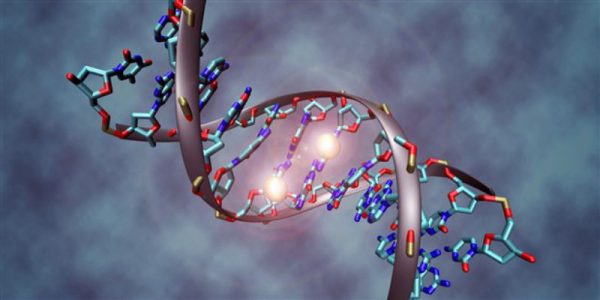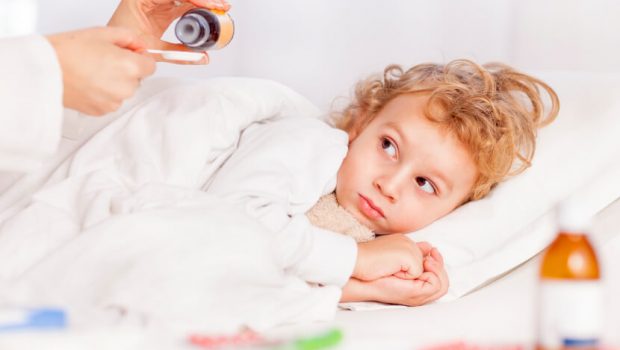How Do Human Microbiome Affect Kids Health?
Science is getting smarter with each passing day. And undoubtedly, there has been a wide extent of recent research done on bacteria.
Does the term ‘bacteria’ scare you off?
Well, not all of them are harmful ones. There is a wide array of beneficial ones too which reside within our body and they are known as the human microbiome. They perform a myriad of functions in our physiological system starting from helping us to absorb nutrients from what we consume to supporting our immune system. This huge set of trillions of microscopic inhabitants thriving in our body belongs to an extraordinary cosmos altogether.
Moreover, a great extent of cutting-edge research has further proven that human microbiome (especially the ones which live in our gut and are referred as gut microbiome) play a very major role when it comes to health and longevity. This seems to be more effective in kids.
In fact, scientific studies have suggested that the human microbiome is something which has a very integral relationship with infant and child development and immune function as well. Hence, it is crucial to understand the significance of such good bacteria which can further lead you to ensure that your kids are having a strong immune system throughout their lives.
Let’s check out in detail.
Read on
How Does Human Microbiome Develop And Evolve In Babies?

Intestinal microbiome or gut microbiome definitely go through some significant changes throughout human infancy. Further, it causes a huge impact on the kid’s overall health.
Let’s now know how it actually happens.
- In the mother’s placenta, there’s a huge array of microbiota. So, a baby’s true exposure to beneficial micro-organisms happens in the womb only.
- Just before a kid is born, the GI tracts are always sterile and aerobic.
- It is the time that introductory bacteria take to feel comfortable and start colonizing.
- Next, when it comes to the birth process, the baby’s body picks up all the bacteria from the mother, especially when it’s a vaginal delivery.
- For the first days and weeks of life, the presence of oxygen and milk changes the composition that gut microbiome of a kid is composed of. It enables the growth of certain bacterial colonies like Bacteroides, Bifidobacterium, Clostridium and so on.
- Now, as he/she will move into the first years of life, there can happen a number of changes in the overall health of the baby depending upon a variety of environmental and dietary factors.
The wide array of healthy micro-organisms ( human microbiome) in a baby’s body boosts up his/her health in many ways. May it be an improved digestive system or good immunological health, all of them can be counted as some major roles played by them.
Diet And Environment: Two Main Factors Affecting Microbiome During Childhood
The intestinal microbiota or gut microbiome of infants is often dependent on a variety of factors such as delivery mode ( vaginal or C-section), environment, first food (breast milk or formula) and diet. Next, it can affect the whole immune system and general well-being of your little one.
How Does The Method Of Delivery Play A Role?
The mode of delivery can have a huge impact on the structure of the infant microbiome. For instance, research studies indicate that the newborns who are delivered vaginally exhibit various bacterial communities like Lactobacillus, Escherichia, Streptococcus etc. However, when it comes to such infants who are delivered via C-section, they might show up a reduced incidence of Bifidobacterium. So, typically, the former type of baby delivery leads to a healthier baby with better physiological systems.
How Is Human Microbiome Good For Kid’s Brain?

Of course, the gut is referred to as ‘the second brain’ because of a variety of reasons. One of the integral ones among them is nothing but the significant manner in which both the organs of the human body communicate and connect. A yet another major term which plays a significant role here is ‘microbiome-gut-brain axis.’
Remember the term ‘gut feeling’?
Well, this is a true thing!
The gut and brain of your little one are in constant communication through the enteric nervous system. This consists of an exclusive system of neurons which further controls various aspects of the gastrointestinal system, the immune system, the endocrine system and much more.
Moreover, it sends a variety of signals to the brain which, in turn, impacts multiple brain functions. Thus, you can imagine the really high extent of the impact that human microbiome can have on kids. If by any chance, there are not enough good bacteria then this communication can altogether become dysfunctional and children might even suffer from a number of psychological disorders like depressed mood, irritability, anxiety, hyperactivity, poor attention, chronic headaches and so on.
The gut, where gut microbiome is present, can impact a kid’s mental health by the production of neurotransmitters as well. They are nothing but some chemical messengers which allow nerves to communicate with one another. One of the major neurotransmitters which are required for proper brain functioning is serotonin. If there is an imbalance of the microbiome then it can lead to reduced production of serotonin. It can further lead to a variety of problems related to the brain in your kid like mood fluctuations, anxiety etc.
Wrapping Up:
Isn’t human microbiome play a really huge role in terms of kid’s health?
Hence, to ensure that your little darling grows up healthily, just ensure that you are culturing the healthy microflora of their body up to a great extent. For that, one of the most effective tricks could be including a substantial amount of probiotic in their diet.
Let there be more whole foods and less processed foods on your kid’s plate and it can definitely boost up the good bacteria in their gut. Some of the major examples of such healthy micro-organisms enriched foods are the fermented ones like sauerkraut, kimchi, kombucha, yoghurt etc.
Author Bio:
Lyla Morris is a Founder & Editor at Lylamorris.com. She loves to write about Parenting and Health Care tips also.
















